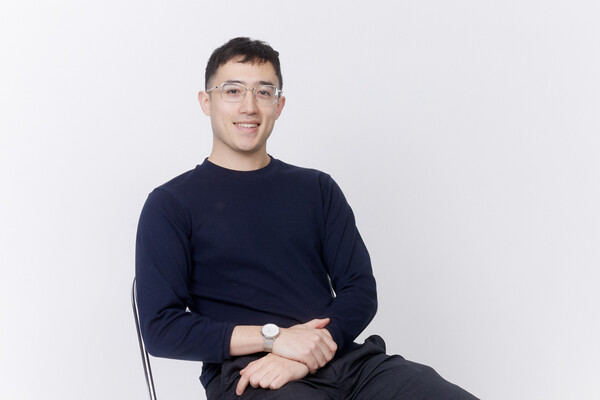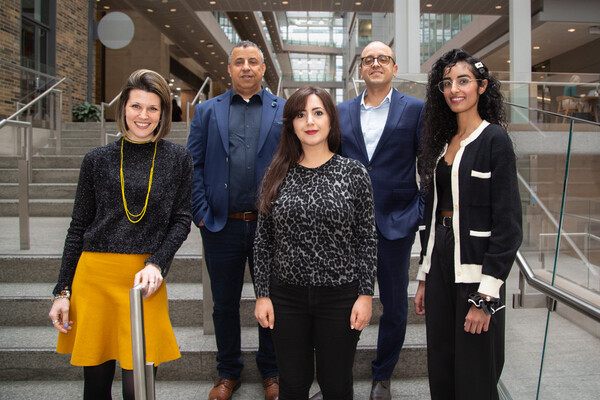Shining a Light on Support for Students
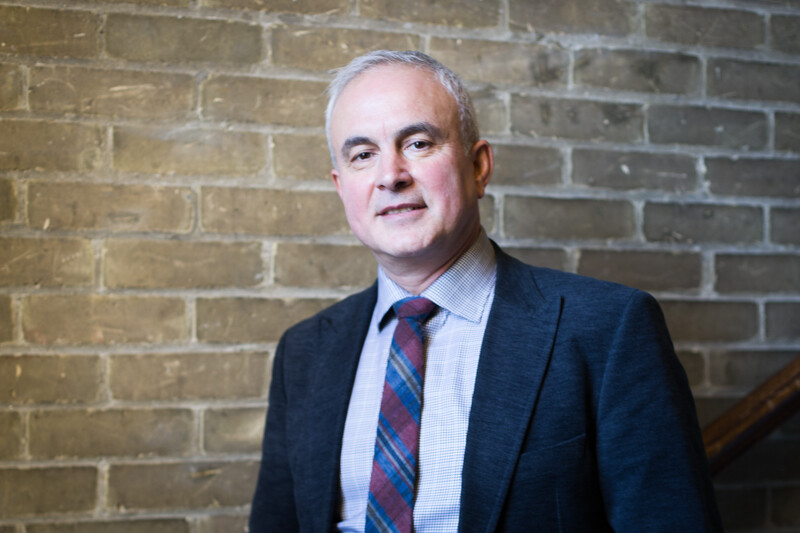
Erin Howe
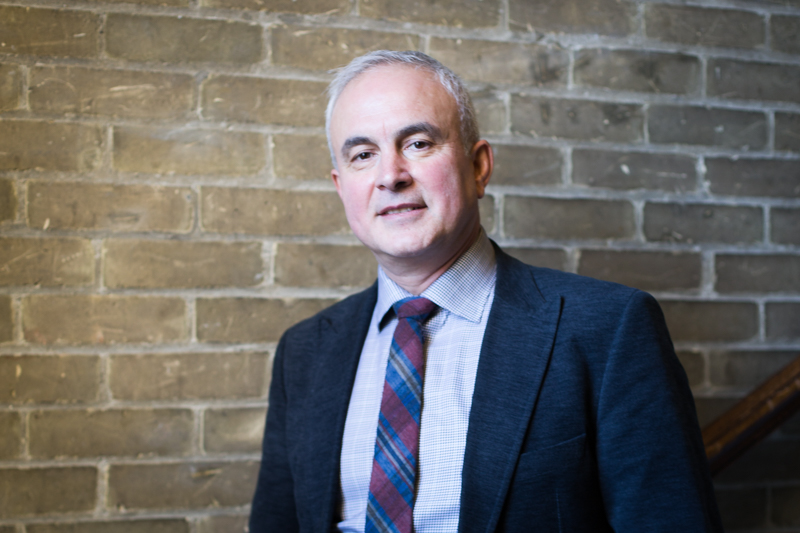 According to the Canadian Federation of Medical Students, between one-third to half of all learners experience burn out, depending on their stage of training.
According to the Canadian Federation of Medical Students, between one-third to half of all learners experience burn out, depending on their stage of training.
The Office of Health Professions Student Affairs (OHPSA) works to help equip trainees with resilience skills and provides resources to support wellness and mental health.
“Medical students are part of a curriculum that moves quickly,” says Professor Tony Pignatiello, Associate Dean, OHPSA. “If a student has to wait a month to see a counsellor, the curriculum moves on. If there’s an exam in that time, that student has essentially two choices: defer the test until they feel better or potentially fail it and ask for forgiveness later. It’s important for us to respond quickly and integrate with our students’ academic needs.”
To do this, OHPSA employs a range of strategies to meet every level of need.
RESILIENCE CURRICULUM
The Resilience Curriculum, which equips students to assess and develop their own resilience is delivered through online modules and workshops. It emphasizes the importance of reaching out for help and breaking down stigma. OHPSA developed this element of the Foundations Curriculum in collaboration with Post Graduate Medical Education and a committee of students. So far, the modules are available in the MD Program’s first three years.
Samantha Yang, a third-year medical student, helped shape this part of the MD Program as a Resilience Curriculum Coordinator. In her role, she worked with about 30 students from across all four years of the program, looked for ways to increase resilience training and helped develop and evaluate content to support that goal.
Students also played a key role in producing Monologues in Medicine, a series of videos that relate to topics in the Resilience Curriculum. The series features students, residents and physicians who share their personal stories of challenges they overcame in medical school. Clips from the monologues are integrated into the curriculum content and every year new monologues are added to the library.
“As students, we really appreciate all the effort that’s gone into developing this curriculum and mental health services,” Yang says. “But we recognize there’s a limit to the efficacy of these services based on the current health care environment. So, it’s exciting to part of the culture shift.”
The Resilience Curriculum has drawn attention from other medical schools and academic disciplines as well. OHPSA receives requests from universities looking for help to introduce similar programs.
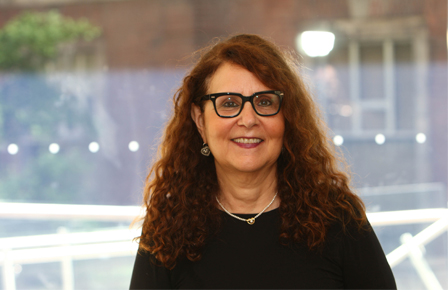 “We’re ahead of the game,” says Shayna Kulman-Lipsey, OHPSA’s Manager of Counselling Services. “I presented at an international conference, where there was a lot of discussion and research on deteriorating mental health among medical students as they move through training but there was little about what was being done to address it.”
“We’re ahead of the game,” says Shayna Kulman-Lipsey, OHPSA’s Manager of Counselling Services. “I presented at an international conference, where there was a lot of discussion and research on deteriorating mental health among medical students as they move through training but there was little about what was being done to address it.”
SUPPORT DURING EDUCATIONAL TRANSITIONS
Beyond the Resilience Curriculum, wellness is integrated into the student experience through Transition to Clerkship, a two-week course that helps learners develop the knowledge, skills and attributes to help them as they become clinical clerks in their third year of study. The course also features a session on maintaining mental health. Similar content is included in Transition to Residency, which runs during the final fourteen weeks of the MD Program.
This year, the MD Program has introduced three core curriculum days, which brings third year clerkship students back together from their hospital sites to focus on career choices, Canadian Residency Matching Service preparation and wellness and mental health.
The first session — held this past November — touched on mindfulness and the importance of healthy nutritional and sleep habits. The next two sessions are planned for 2019.
OHPSA’s work, says Pignatiello, is part of a continuum of supports available to students and learners at all levels of training. He regularly meets with his counterpart at the Post MD Program’s Office of Resident Wellness to explore opportunities to collaborate. Together, the groups organize a bi-annual Physician Wellness Symposium.
COUNSELLING SERVICES
Health professions students are welcome to meet with the office’s personal counsellors. Daytime and after-hours appointments are available and, in urgent situations, can be scheduled on a same-day basis. The service is open to any registeredmedical student downtown or at the Mississauga Academy of Medicine for as long as they need during their training, in person or remotely. Students can refer themselves for counselling,which is confidential and helps with a diverse range of concerns.
OHPSA also actively reaches out to students through Check Your Pulse. Through the initiative, students are invited to visit the office to chat about how medical school is shaping up for them. Originally offered to first-year students, Check Your Pulsegrew this year to include second-year students, too. As well, the program’s timeline has expanded to be offered throughout the fall.
“It’s a good time to check in, see if they’re experiencing academic issues or anxiety, which is quite common,” says Kulman-Lipsey. “It’s also a way to connect about other issues like whether or not students have a family doctor.”
For students who need additional support, OHPSA can provide or accept referrals to and from other services including the university’s Health and Wellness Centre or other health care providers. OHPSA counsellors can remain involved in a student’s care and liaise between the office and outside health professionals.
COLLABORATING FOR A HEALTHIER CULTURE
Earlier in 2018, OHPSA also established the Mental Health Dialog Q &A series, which features physicians speaking about their experiences with mental health and wellness.
The office also works with a variety of student-led groups who share the goal of supporting emotional well-being among learners. Among these groups is Student Health Initiatives and Education (SHINE). It promotes wellness, academic skills development and career exploration through activities like seminars, workshops and an annual wellness challenge campaign done in collaboration with the Canadian Federation of Medical Students.
“Mental health affects us all, but it’s still a topic a lot of people aren’t comfortable talking about,” says Allison Chen, SHINE’s 2T1 General Coordinator. “As medical students and future physicians, we need to take care of ourselves to take care of others. We need to create a community where it’s okay to not be okay and to ask for help.”
Other student-led organizations include ArtBeat, Meds Mindfulness and After Hours, which offers students opportunities to talk to each other about their experiences and journey through medical school.
OHPSA also works with Faculty members, who are given information about signs that might indicate a student may be experiencing mental health difficulties. These can include any deviation from a student’s usual behaviour — one example would be a usually punctual student who starts to frequently run late. Another possible sign of trouble could be when a student strays from the class norms, like scoring notably lower than class averages.
“This equips faculty to check in on students. Or faculty members can remind the student about OHPSA’s services,” says Pignatiello.
Another mechanism for checking in with students is the MD Program’s updated absences policy. Students may have planned or unplanned absences from their studies. Although there is no formal cap on the number of days a learner may take, four unplanned absences or a total of eight absences will prompt a check-in from the program. The idea is to harmonize students’ autonomy and life/work balance with concern for their wellbeing.
In addition to helping support students on an individual level, OHPSA also works to nurture a safe learning environment. In partnership with the Diversity Office and students, OHPSA is helping to improve the process to report concerns surrounding harassment and discrimination. As well, OHSPA works closely with the Office of Accessibility to help students who may need accommodations while they study.
Another collaboration between OHPSA and the Office of Post MD Education is the work being done by Pignatiello and Heather Flett, Associate Director of the Office of Resident Wellness as co-chairs of the Optimizing the Learning Environment Working Group. This initiative is an important part of advancing the Faculty’s new strategic plan, which includes the goals to improve the learning environment and advance wellness throughout the Faculty. One of the group’s first goals is to establish a unified approach to promoting a culture of respect and professionalism.
When it comes to wellness supports, Pignatiello says the services available have been like hidden gems — treasures he hopes to share as widely as his team can.
News

